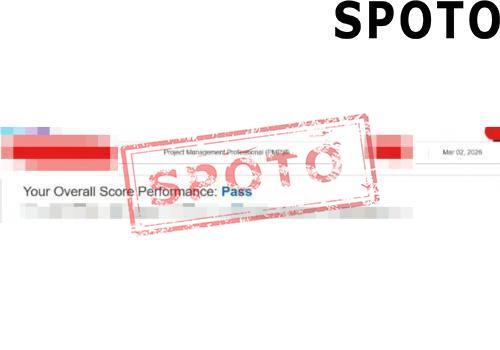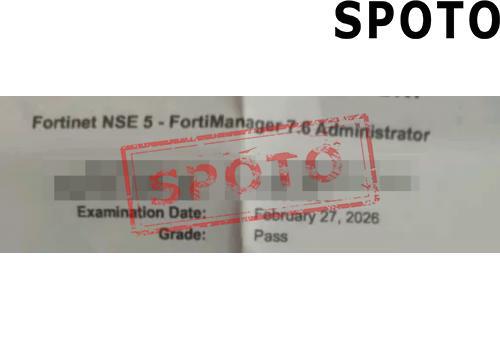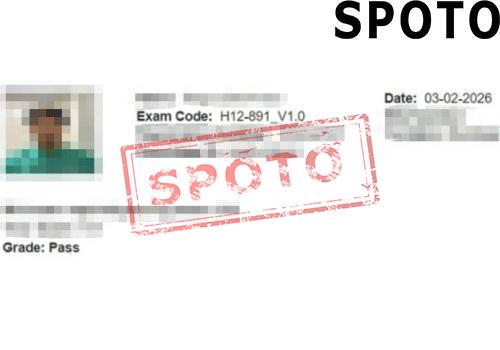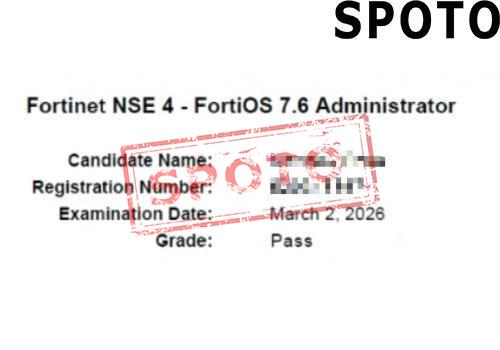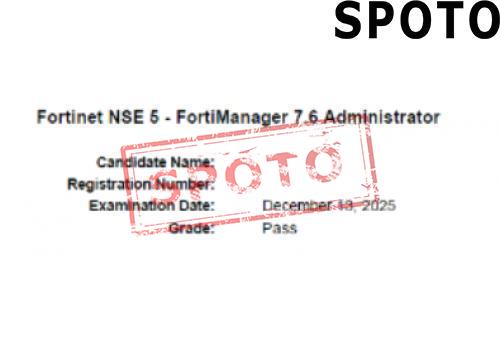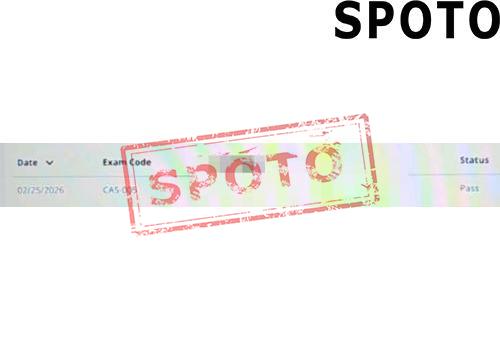
Fortinet, a leader in network security solutions, offers a wide range of certifications that help professionals gain expertise in deploying, configuring, and managing Fortinet's suite of security products. Whether you're just starting in cybersecurity or looking to deepen your knowledge and skills, understanding the different Fortinet certification tracks is crucial for making the right choice to advance your career.
Fortinet certifications are structured across several levels, each designed to validate specific skills and expertise. In this article, we will break down the different certification tracks available through Fortinet, explain what each one entails, and help you choose the right path based on your career goals.
Fortinet Certification Levels
Fortinet's certification tracks span from foundational knowledge all the way up to expert-level expertise. The certifications are designed to meet the needs of professionals at various stages of their careers. Below is a breakdown of the Fortinet certification levels:
1. Fortinet Certified Fundamentals (FCF)
- Target Audience: Beginners and those new to network security.
- Skills Covered: Basic understanding of networking concepts, the Fortinet Security Fabric, and how to secure enterprise networks.
- Certification Focus: The FCF certification serves as an entry-level qualification, ideal for those who want to begin their journey into Fortinet's ecosystem and network security.
The FCF certification is perfect for individuals looking to get started in the world of cybersecurity without prior experience. It's often recommended as a prerequisite before pursuing more advanced certifications.
2. Fortinet Certified Associate (FCA)
- Target Audience: Beginners or those with limited experience in Fortinet solutions.
- Skills Covered: Understanding and configuring Fortinet devices, including FortiGate firewalls, FortiWiFi, and other basic security devices.
- Certification Focus: The FCA is aimed at individuals who are just starting out with Fortinet products. It validates your ability to deploy and manage basic Fortinet security solutions in small to medium-sized network environments.
If you're familiar with networking basics and want to expand your skills specifically with Fortinet products, this certification will get you on the right path.
3. Fortinet Certified Professional (FCP)
- Target Audience: Network security professionals with practical experience.
- Skills Covered: Configuring and managing FortiGate firewalls, deploying VPNs, securing Wi-Fi solutions, and managing Fortinet's security services.
- Certification Focus: This certification demonstrates proficiency in Fortinet's security solutions, covering intermediate-level skills in areas like firewalling, secure access, and networking protocols.
The FCP certification is ideal for professionals who already have some experience in network security but want to formalize and deepen their knowledge of Fortinet's products and services.
4. Fortinet Certified Solution Specialist (FCSS) — Engineer
- Target Audience: Intermediate to advanced professionals with hands-on experience in Fortinet security solutions.
- Skills Covered: Specialization in advanced topics like SD-WAN, cloud security, and the ability to manage complex deployments involving FortiGate firewalls and other Fortinet products.
- Certification Focus: The FCSS certification focuses on advanced deployment skills, enabling engineers to deploy, troubleshoot, and optimize Fortinet solutions in real-world environments.
Professionals who pursue the FCSS track often have a solid understanding of Fortinet's core technologies and want to specialize in a specific aspect of Fortinet's solutions, such as cloud security or SD-WAN. This certification is essential for individuals looking to grow their careers as Fortinet engineers or solution architects.
5. Fortinet Certified Expert (FCX)
- Target Audience: Senior professionals with in-depth expertise in Fortinet's products and solutions.
- Skills Covered: Mastery of advanced security concepts, including network architecture, firewall management, and global security strategies.
- Certification Focus: The FCX certification represents the pinnacle of Fortinet expertise, showcasing advanced skills in network design, security optimization, and multinational security operations.
Those who achieve the FCX certification have demonstrated the highest level of technical knowledge and hands-on experience with Fortinet's entire suite of products. This certification is designed for professionals in roles like network architects, security consultants, and CISOs who are tasked with designing and implementing global security strategies for large-scale environments.
Key Differences Between Fortinet Certification Tracks
Each Fortinet certification track serves a specific purpose, from laying the groundwork in network security to showcasing expert-level proficiency. Here's a brief comparison to help you decide which track to pursue:
-
For Beginners: Start with the Fortinet Certified Fundamentals (FCF) or Fortinet Certified Associate (FCA). These certifications will introduce you to the basics of Fortinet technologies and security fundamentals.
-
For Professionals with Practical Experience: The Fortinet Certified Professional (FCP) and Fortinet Certified Solution Specialist (FCSS) certifications are ideal if you're looking to advance your career by specializing in specific Fortinet technologies or services, like SD-WAN or cloud security.
-
For Expert-Level Professionals: If you have extensive experience and want to demonstrate your mastery of Fortinet solutions, the Fortinet Certified Expert (FCX) certification is the ultimate achievement.
How to Choose the Right Fortinet Certification Track
When choosing the right Fortinet certification track, it's important to assess your current experience, career goals, and areas of interest. Here are a few tips:
-
Assess Your Experience: If you're new to networking or cybersecurity, begin with the FCF or FCA certifications. If you already have a strong foundation in networking, the FCP might be a better place to start.
-
Identify Your Career Path: If you're interested in advanced solutions like SD-WAN, cloud security, or VPN deployment, consider pursuing the FCSS certification. If your goal is to become a Fortinet network architect or security expert, the FCX certification will set you apart as a leader in the field.
-
Consider Industry Demand: Evaluate the demand for Fortinet-certified professionals in your region or industry. Many enterprise networks are moving towards Fortinet's suite of solutions, so gaining proficiency in their products is an investment in your career.
Conclusion
Fortinet's certification tracks offer valuable opportunities for professionals at all stages of their careers, whether you're just starting out or looking to deepen your expertise. By choosing the right track and progressing through the levels, you can position yourself as a highly qualified professional in the growing field of network security. Whether you're aiming for a career in Fortinet network engineering, security consulting, or enterprise architecture, there's a certification track to match your skills and aspirations.
